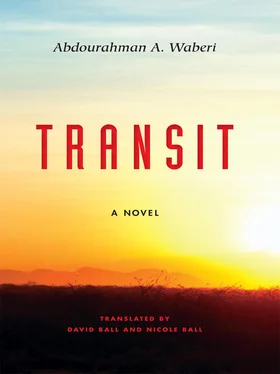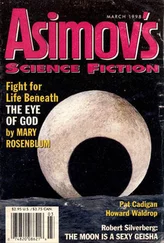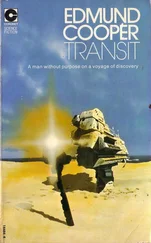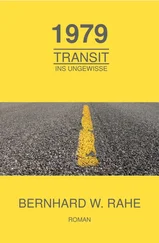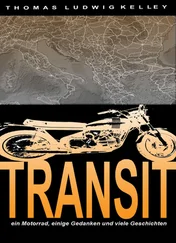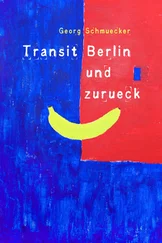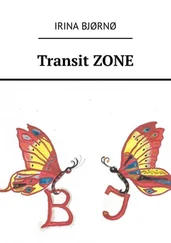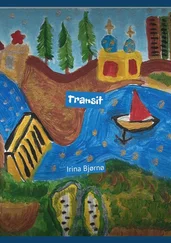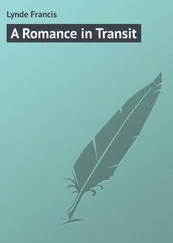THERE! We're all together again now, by the grace of the Most Lofty. Let's chat for a few moments. I'll go back to what I was telling you yesterday, my boy. So, where was I? Oh yes, did you know that the nomads are late converts, that Islam is an urban religion, born among merchants from Mecca? It is true that Mohammed, may his soul rest in peace, succeeded in conquering the nomads, regimenting them in his troops and sending them forth to conquer the world. And do you know that our beloved religion never really took to the sea, which is why Muslim societies have lagged behind in the development of capitalism? Islam has always viewed sailors as people on the fringe of society, outcasts, or rebels. Now, you little rascal, you're going to ask me how I can explain the power of Oman, if only in our region, and the advent of Swahili civilization from the Red Sea to the Mozambique Channel. It's due to prehistoric maritime cultures. The Omanese and a few Turkified populations on the banks of the Black Sea were able to preserve this knowledge of the sea, and so those remarkable sailors and fishermen gave birth to a veritable maritime power in the Indian Ocean. You didn't know that either, did you? Beware of appearances: an imposture may even lie between the pages of a history book made in Paris. Now listen to me. No, it's not hard to reach out to people. On the contrary, people are dying to find an attentive ear willing to listen to them and a mind inclined to stir up the mulch of their understanding. From time immemorial, Grandfather gave every conversation a certain depth, a duly calculated slowness that had absolutely nothing to do with laziness. There was in his gestures, and especially in his voice, an economy that captivated and galvanized me by its gentleness, its rhythm, and by the way he would stretch out a vowel like o or u , depending on his argumentation. And every one of his actions was marked by the same relaxed intensity. He did not hesitate to ask my grandmother Timiro for his thermos of tea three times in a row without raising or lowering his voice. And in the same courteous, firm tone, he could also insist that Grandmother make the tea over again if he didn't like the way it was brewed. All this not for the pleasure of indisposing others and showing his authority like the old quibblers of his age, nor to bother anyone, just to make sure that his interlocutors fully understood all his rights, even in the state of physical helplessness he was in before he passed from life to death. For him, life was a constant flow of exchanges in words or deeds, and because of this, he took all the time he needed to pose his voice, give his opinions, and move his old bones. Without haste, he tasted the sap of every minute: life is a banquet to be savored together, no need to lap it up in two strokes of a spoon. Not everyone shared his point of view. Timiro, gripped by the feeling of his precariousness, often let a few tears escape: they flowed down the ridge of her nose and flooded the hills of her cheekbones.
Real creators are stateless wanderers, like the nomads of the desert, and have only one function — at least in this world be low. They are our guides (Grandfather is convinced of this) who show us the trails to follow as we travel through life. They also tell us, with an abundance of details, the story of their emotional carousel. With their memory zinzoling here and there, their imagination working in geometric shapes — rectangles, triangles, trapezoids — they spare us muddy streams, the foaming slime of remorse, putrid waters like the waters of Lake Abbé, even the raging sea. The sea with its gums of an ogre so frightening to mankind. With these guides, you feel like pouncing on that Reaper, taking a dive into that hell which attracts men so much. Chroniclers of the ephemeral, they shell their sayings like oysters; they have such airborne words that they set off levitation above senses and sentiments. Silence and pandemonium bumping into each other, negating each other. The sudden blooming of new knowledge. They offer us pearls of rain from countries where it never rains, as Jacques Brel says in his song, major chords that connect man to humanity. As long as they can speak to us, their voices are made flesh, connecting us to others. They are herders of cows or dromedaries, crossers of limits, peddlers of mirages dragging behind them the latest news of the evening. They own nothing solid, or so little. Bitter almonds and sounds of bones, for many. For others, just a sheepskin for prayer and gymnastics for the believer. And when night has burned out the oil of its last lamps, one must make haste: it is the autumn of life. Poets approaching death commonly become prophets.
THE FIRST HALF not over and already part of Scud and the president began negotiations. It's simple: three Scud chiefs left for the capital. They say contact was still prime minister, the one who gets off his horse just to pee. Bégé (that's his name for short like RPP — that the name of the one an only party — an like RFI, PSG, 1etc.), he from same region as three chiefs, their name still top military secret. But OK, I can give you a hint, one's called Kif-Kif something, all the same. That don't mean a thing to you, don't matter too-too much. The man not well-known like me Binladen that's all. The three chiefs, they gonna hug the old president. And him, he gonna give armchair, residence, vehicle, official position an all that. Business-there, it Scud number 1, you got it. TV, radio, Peace Day everywhere. Dances (funny to have war dances to celebrate peace, no?), khat, and speeches. Even Madame President she was dancing in front of crowd full of bodyguards. Nobody thought about us, out there on the mountain facing enemy. Luckily everybody has their Kalashnikov. But wait, there's old Kalash an modern Kalash, see. Old Kalash is AK-47, modern is AK-58, tricky cause it sprays quick-quick. If it falls down, it fires by itself. AK-47 it can fall, it can trample an all but it stay calm cause of safety lock. AK-58 safety lock so-so small, tiny, way it is, it's danger of death. There's also machine-gun, rocket launchers, mortars, ground-to-ground (all that too-too heavy to carry). Better not walk behind buddy with rocket launcher, danger of death too. OK, rebels always attack when they very-very hungry. They come out of the brush, hide next to tar road, wait for vehicles. Unity Road (that the main Djibouti-Tadjoura road also called Fahd bin Abdulaziz Road, that the name of Saudi prince who gifted the road) that max danger cause rebels they not only looking for food, they want khat too, that way they be brave to make ambush again. Us we wait for official order to clean up all that. Well, we gonna wait long-long time cause Scud 1 an President lovey-dovey now. They smooch like women or Soviet chiefs I saw on Samireh the shopkeeper's TV. Ah, politics too-too ugly. Shameful, for real. What the three Scud 1 chiefs like Kif-Kif (Kif-Kif, Habachi, that Ethiopian name or what?) gonna tell their bambinos (that correct Italian, right)? They gonna say hey we happy, we signed negotiations in Abaro, we made peace. The kids, they gonna say whew with their hands on their mouths. Big, big shame. Aïdid, he say politics too-too dumb even. I agree, politicians useless losers who don't know how to do anything, don't know how to be mechanic, cook, teacher, doctor. Don't even know how to stand guard. Hey, I hear a lot of metal noises. Time to eat. Hunger hasn't fled my body even if sleep left my eyes since I tasted the pink pills Aïdid has in his pocket. I wanna gobble something cause my belly's going grrr grrr.
1. PSG: Paris Saint-Germain, a famous professional soccer team. — Translators’ note
THIS WAS AT THE TIME when there were still straw huts ( ariches , they're usually called) on the main street, Boulevard de Gaulle today — our beloved France hadn't yet taken the hammering it got in 1940—the last huts of this kind disappeared at the turn of the seventies, just before we arrived here. The name Boulaos remains, at the spot of the first fishing village. Dromedaries laden with bundles of sticks and saddled donkeys carrying water would often parade through the main streets of what was still called the native village — the magalla —which would steadily expand through the years. In Ambouli, there was also a zoo facing the palm grove. A wind turbine towered majestically over it; a crowd of children rushed there every afternoon like beggars charging at a cigarette butt that someone just threw away.
Читать дальше
